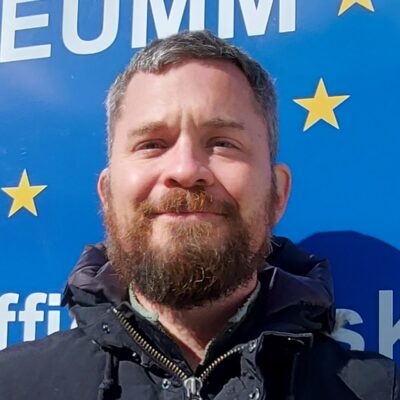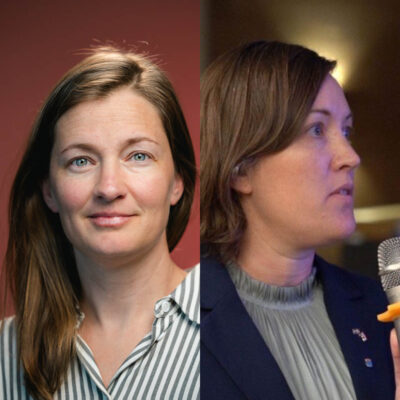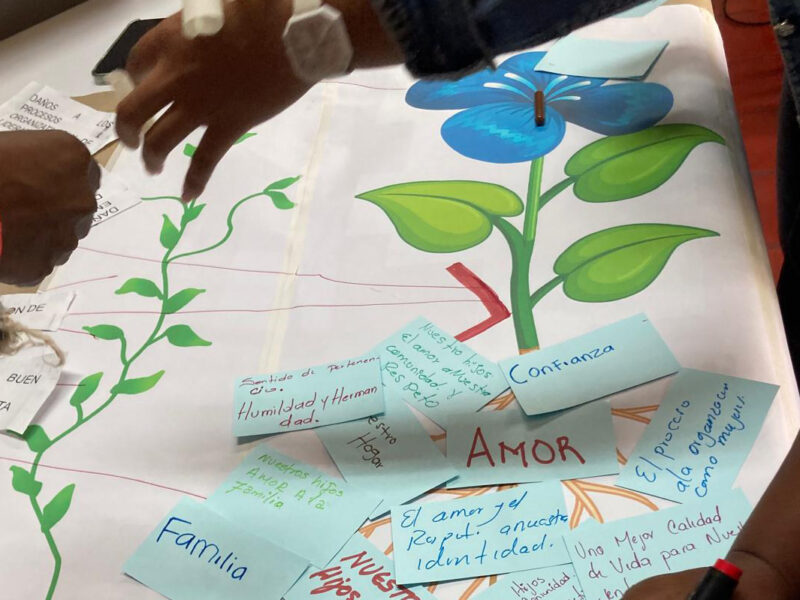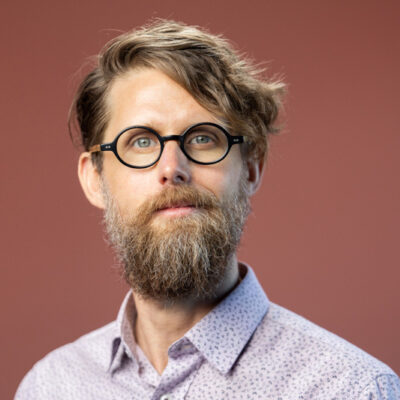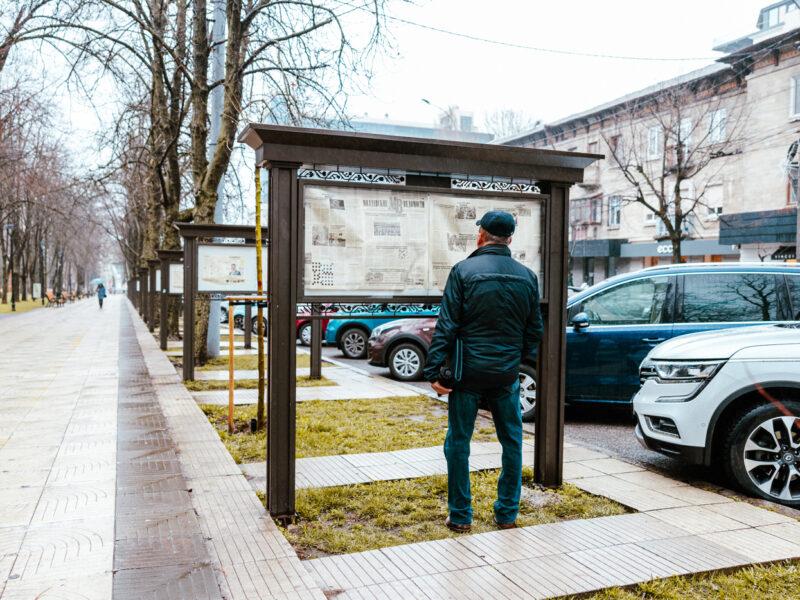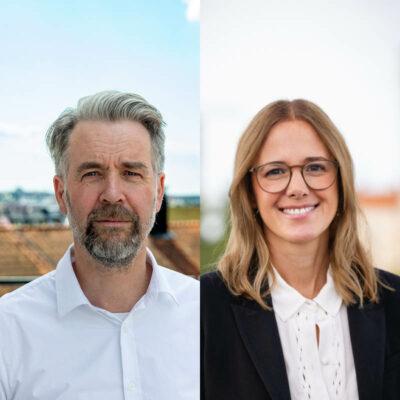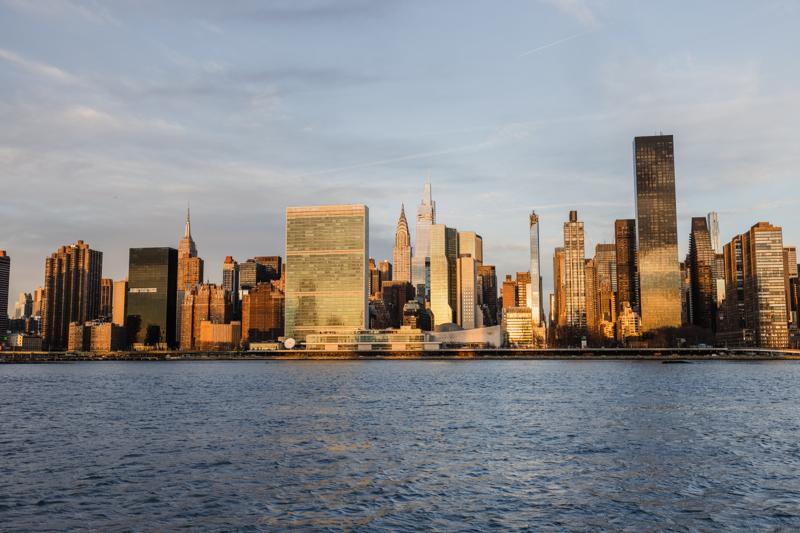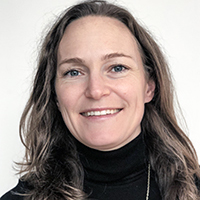From Malmö to Mtskheta
Coming back from leave is often emotional for me. I am torn between missing relatives in Malmö, and feeling excited about being back at work. My holiday stay in Sweden was prolonged as a result of the European Union Monitoring Mission in Georgia (EUMM) deciding to extend leaves over Christmas amidst a spike in COVID-19 cases in Georgia, and I had made the most of a rare occasion to catch up with family and friends.
On top of that, I married my best friend and the love of my life. And while Georgia is an astonishingly beautiful country and I immensely enjoy living here, the contrast between the wintery chill in my temporary apartment in Mtskheta and home in Sweden felt stark this time.
I began working as a monitor in the human security team at the Mtskheta Field Office of the EUMM in May 2019, on secondment from the FBA. A year later I successfully applied for the position as team leader. The mission takes a holistic approach to human security, which means that we on our daily patrols monitor the situation for persons affected by the 2008 conflict between Georgia and Russia in relation to an array of themes, including freedom of movement, housing, and access to healthcare and education.
A critical component of my work is the direct engagement with internally displaced persons (IDPs), many of whom lived in Akhalgori district in the eastern part of South Ossetia prior to the conflict. Although South Ossetia falls under the mission’s area of responsibility, the de facto authorities of the breakaway region do not allow EUMM staff access. Due to their connection to Akhalgori, IDPs constitute important interlocutors as we gather information about the human security situation in the district and in South Ossetia as a whole. In addition, we speak to journalists, academics and civil society organizations as a part of our monitoring activities.
Often I think of it as putting together a jigsaw. In every patrol we conduct we get another nugget of information that we can fit together with existing data, and piece by piece we get a better understanding of what is happening in the breakaway region. I really enjoy this process, particularly since I get to engage with a wide array of persons who generously share their information with us. Sometimes it is also tough work.
The administrative boundary line that divides Tbilisi administered territory with South Ossetia has created a literal barrier for people to visit loved ones, and many have lost land and property due to the conflict. Their stories put a human face on the conflict, and underscore the importance of the mission’s work to collect and pass on information to EU member states about how the conflict continues to impact thousands of people.
As a result of COVID-19, we have not been able to patrol the IDP settlements and other areas as frequently as we used to. Instead, teleworking has become an integral part of our job, where we reach out to interlocutors by phone to obtain information. Initially, I must admit that I was concerned about whether we would be able to sustain relations with our sources this way, but I soon found out that the trust and confidence that we have established with our network meant that we can acquire the information we need, also over the phone.
My brilliant team members have done a tremendous work throughout this challenging time, and I am delighted that we recently restarted patrols. It feels good to be back out on the road!
At the same time, I have had the opportunity to participate in FBA’s excellent course on leadership in EU Common Security and Defence Policy Missions, in which managers from different EU missions engage in virtual sessions. It has been a great experience so far, and I have learned lots of practical methods that will help me grow in my profession.
As I put the finishing touches to this post, Mtskheta is thawing from a rare spell of snow. And if you wonder, yes, the apartment has heated up nicely. A fact that is greatly appreciated by both my (almost domesticated) cat Måns and me.
av Hans Fridlund
